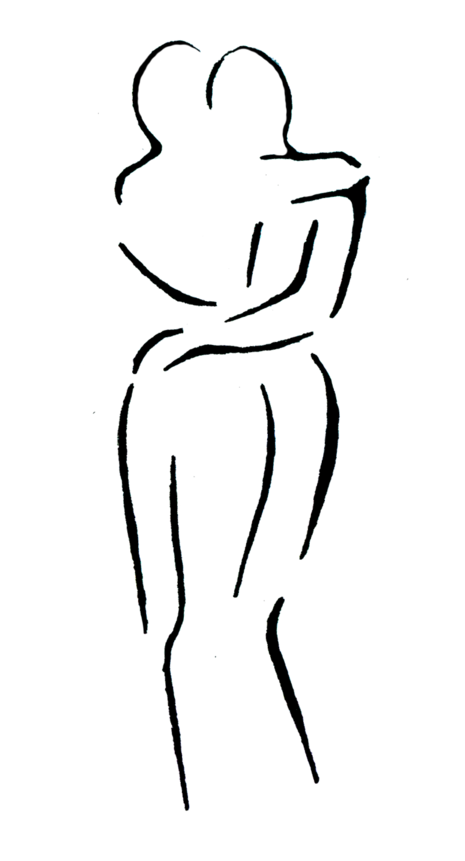Racism in Therapy
As therapists we want to be seen as “good people.” But the moment we see ourselves without flaws is the moment we should stop being therapists. It is also vital that we understand the ongoing racial disparity in therapy. Psychology routinely neglects the structural and historical legacies of racism.
In medical and psychological research, there is a historical lack of diversity within clinical trials. 2 months ago I did an essay for a diploma I am carrying out, on limitations within case conceptulisation in CBT and cultural biases. I was horrified at what I discovered: There is no meta-analytic reports on ethnic minorities. Funnily enough research on the whole of humanity is necessary for understanding and treating, well the whole of humanity! It is embarrassing and shameful and needs to change.
Another part was about therapists ourselves.
1.Those that ask questions around race and culture tend to only be therapists that have originally carried out studies in multiculturalism.
2.Most therapists are not educated enough to be culturally competent due to lack of training.
3.Studies with trainee therapists display that clients of colour tend to have to raise the topic of culture themselves to discuss it in the room.
4.Finally, research demonstrates that therapists (to be seen as good) “don’t see colour” and therefore don’t bring it up. What this colour-blind attitude does is leave you blinded, blinded of the client’s experience, create a safe space and ability to support them. If we omit racism, we are denying trauma.
Szymanski (2001) stated, “The relationship between White privilege and unequal power relations has remained relatively unacknowledged in the counselling and psychology literature. “ in my opinion, in the therapeutic room. Racism and privilege play a role within the clinical setting, thus imperative that clinicians have an understanding of racism and power dynamics, and if White; work on their privilege. We need to face up to the fact that we have chosen to work in a systemically racist professional body and actually DO something about it.

